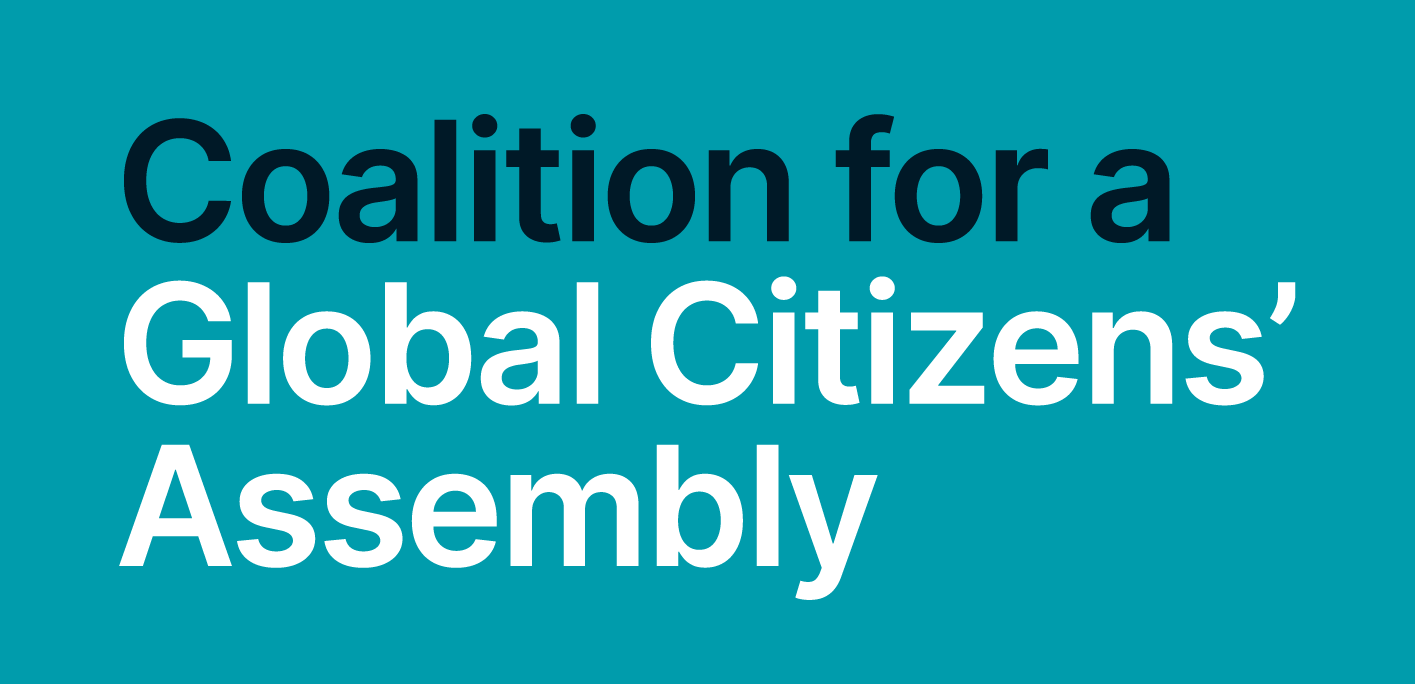What is a citizens’ assembly?
In a citizens’ assembly, members of a population selected by a lottery come together to learn, deliberate and make recommendations on specific issues. The definition of “citizens” includes those who are stateless, for example, refugees, and “assemblies” incorporate existing deliberative processes from all traditions across the world.
There is significant evidence to show that citizens’ assemblies can produce policies commensurate with the challenges, much more effectively than politicians can alone. Whether on climate justice, reproductive rights, or the end of life, citizens’ assemblies around the world have demonstrated that they can offer solutions to seemingly intractable problems.
By combining evidence-based learning and lived experience, they also offer an antidote to polarization. They promote inclusion, activate citizens, and generate solidarity and understanding between socio-economic groups who tend to disagree.
Based on the learnings of the previous Global Assembly, a permanent Global Citizens’ Assembly is intended to restore trust in global governance processes, provide people with routes to action on the issues that affect them, and decentralize power.
